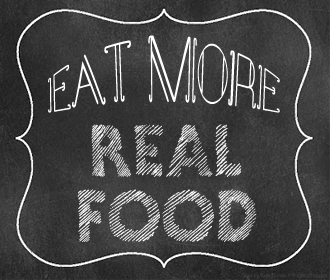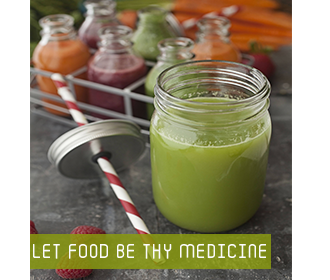Do you ever get a 4’oclock craving for a chocolate bar or want some oily French fries? Have you ever wondered why you might want these foods when it seems like you just ate a healthy meal a few hours ago?
While some people know that our body craves the foods it ‘needs’ (for example, if our blood glucose is low we tend to crave sugary foods, or we crave salt when our body is needing minerals like potassium, calcium and magnesium), there may be a newly discovered factor in our food choices.
Researchers at UC San Francisco and other universities found that our gut flora, aka the bacteria that lives in our digestive tract, may sway our dietary choices. This is based on what the specific strains of bacteria grow best on, whether it’s simple sugars or complex carbohydrates. While we know that there are diverse species of flora in our bodies and that diet can affect how the flora grow, it is a new finding that maybe bacteria are able to release chemicals that signal to our brains that they need to eat a particular type of food, thus manipulating us into eating something that our body may (or may not!) need. For example, people in Japan are found to have specialized gut microbes that thrive on seaweed, which may be a partial explanation as to why seaweed is so popular in Japan.
This has implications when we’re looking at so-called ‘native’ diets. Every one of us has a cultural background, whether we’re Italian or Ethiopian. However, a lot of us in North American have abandoned the whole foods ingredients that were so prevalent in our cultural heritage for fast food, directly causing ‘bad’ bacterial overgrowth that may manipulate us into craving those greasy, sugary foods that we’re probably trying to avoid.

The good news is that it appears that you can markedly change your gut flora in as little as 24 hours. Different foods and supplements, or adding prebiotics or probiotics to your diet may help stave off some of those cravings when trying a dietary change.
Trying fermented sauerkrauts (marketed as ‘raw), miso, plain yogurt (coconut or almond is suitable for those who have dairy allergies), tempeh, and kefir are all great choices that may help when trying to make healthier dietary choices, based on this research.









